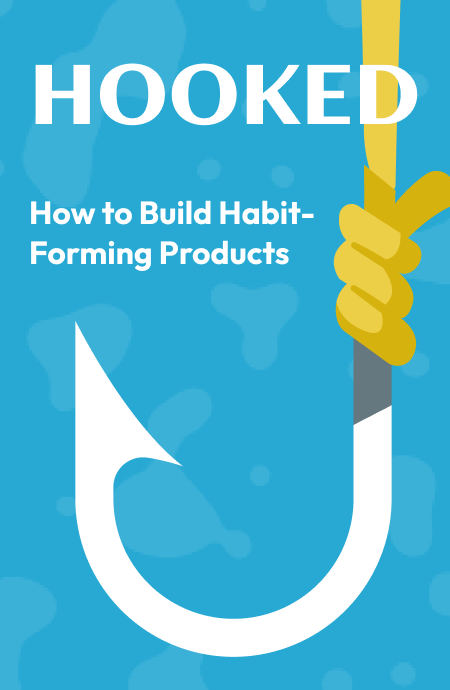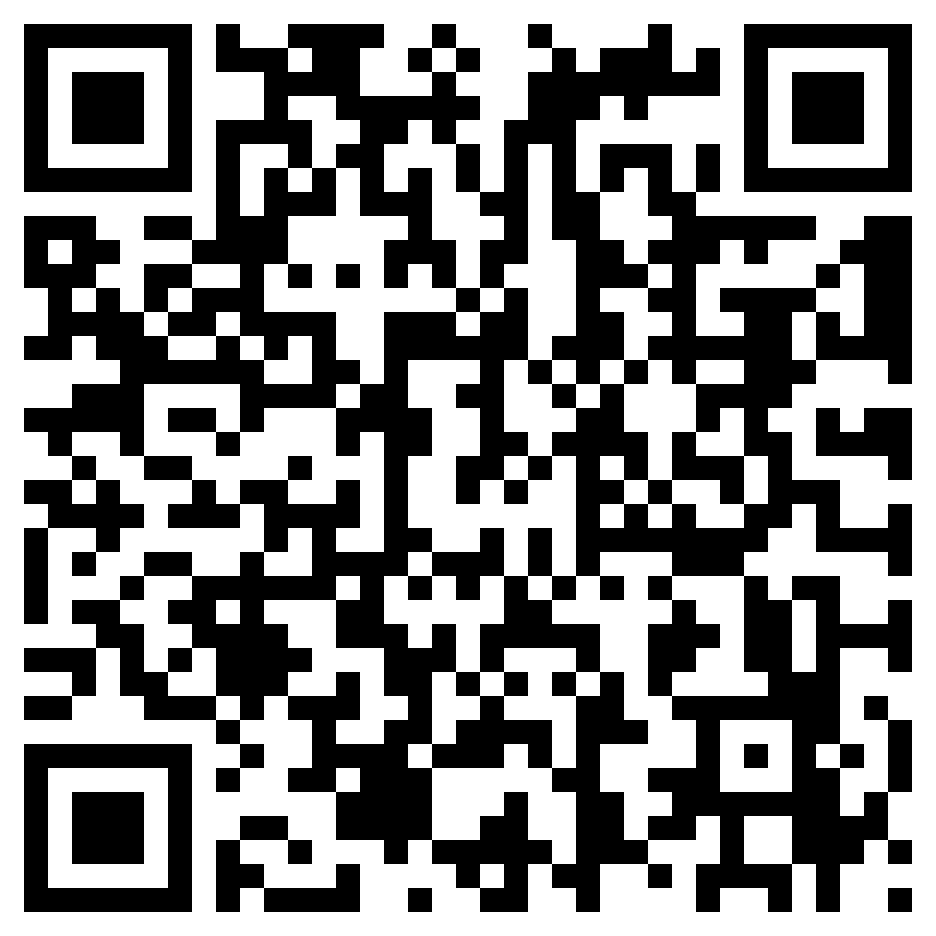Lesson 1. Building Habits.
Most often, we perform several tasks without even stopping to think for a second on why we perform them. We become so accustomed to doing certain things that we tend to perform them without conscious thought.
Think of Instagram and Snapchat for example, most of us use these apps without even thinking twice. Doesn’t matter if we are happy, sad, or just bored we automatically take up our phones and start browsing.
Building habits is hard enough. But, to develop products that users become addicted to and hooked on to is another art itself. The process is not easy; it’s not impossible either.
Companies like Google, Snapchat, Instagram have mastered the art of developing habit-forming products. Giant techs like these have created a huge and loyal customer base for themselves through their products
They can generate high revenues because their products have become so-called ‘habits’ for the users. But how did they do it? It’s because they’ve mastered the four steps required to make normal products into habit-forming ones.
Lesson 2. The Hook Model.
To develop habits, it is important to go through a set of several stages. According to Nir Eyal, the habit-forming procedure generally consists of four crucial stages. This is called the ‘Hook Model.’ The four stages of the hook model are:
- Trigger
- Action
- Reward
- Investment
Triggers are brought on by external or internal cues that prompt certain behavior. The second step, action, involves the use of the product, based on ease of use and motivation. The third step in the model is the reward. It is the reason for product use, which keeps the user constantly engaged. Investment is a useful input, like time or money that the user has invested in the product. By this the user that commits him to go through the cycle again.
This is a cyclic process that keeps repeating itself over and over again, for the user to develop clear habits. The hook model is an interesting and helpful cycle that helps us shape our long-term behaviors. These four stages of the hook model are crucial to forming and when repeated often, they help in forming habits.
Lesson 3. External Triggers.
Triggers are the foundations for your habits. They are of two types.
- External triggers
- Internal triggers.
The first and the most important step for anyone to
Unlock Knowledge with Wizdom App
Explore a world of insights and wisdom at your fingertips with the Wizdom app.
 1 Million+ App Download
1 Million+ App Download  4.9App Store Rating
4.9App Store Rating 5000+Summaries & Podcasts
5000+Summaries & Podcasts
Reviews for Summary of Hooked
Unlock Hooked Lessons!
FAQs
In the summary of Hooked book, there are 17 key lessons. These lessons include:
- Lesson 1. Building Habits.
- Lesson 2. The Hook Model.
- Lesson 3. External Triggers.
- Lesson 4. Internal Triggers.
- Lesson 5. Action.
- Lesson 6. Reward.
- Lesson 7. Investment.
- Lesson 8. Know what your customer wants.
- Lesson 9. Conclusion.





